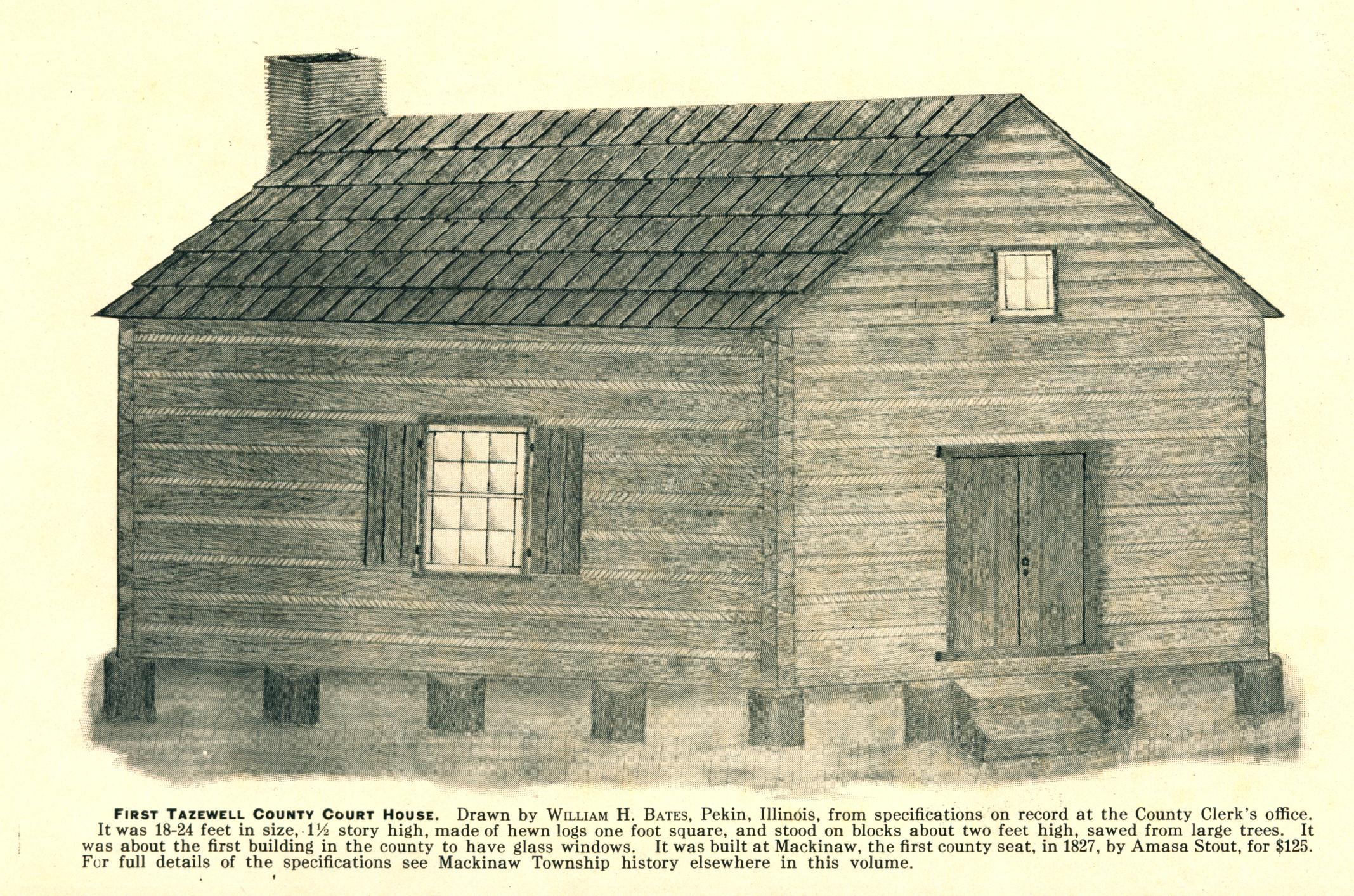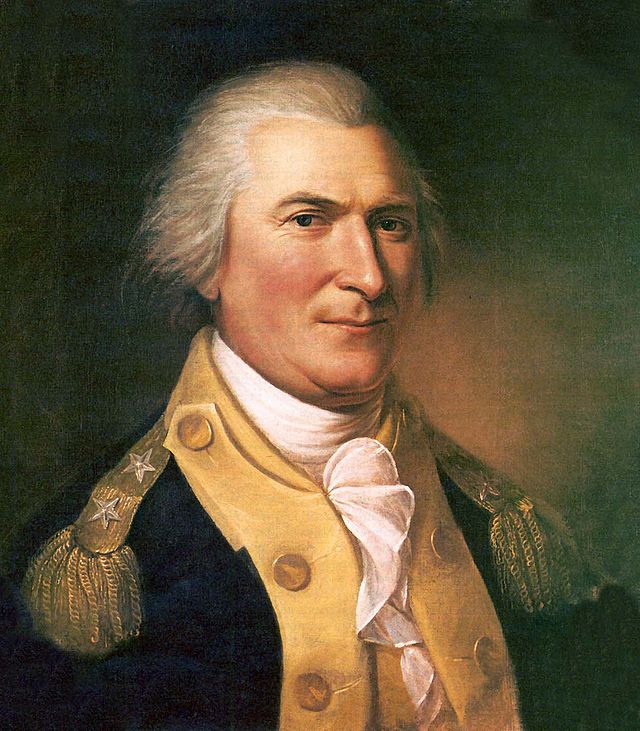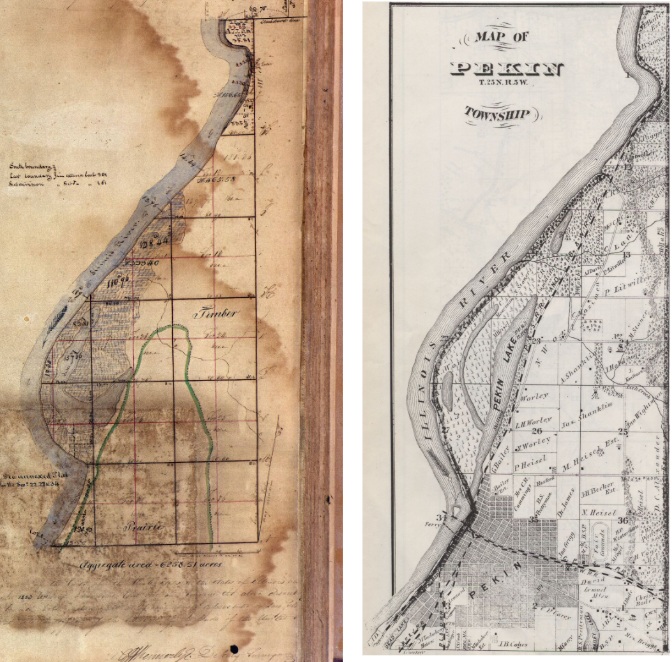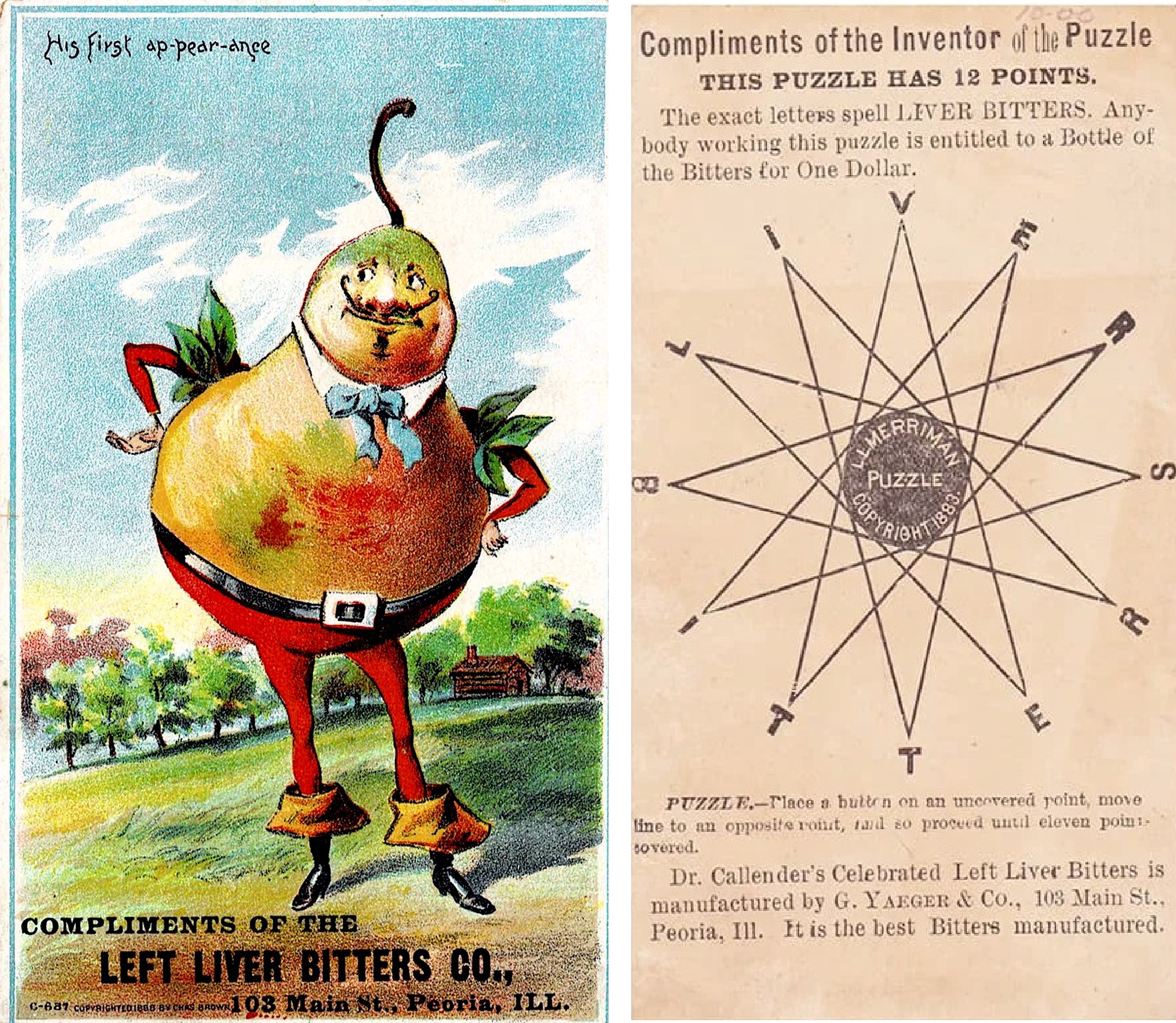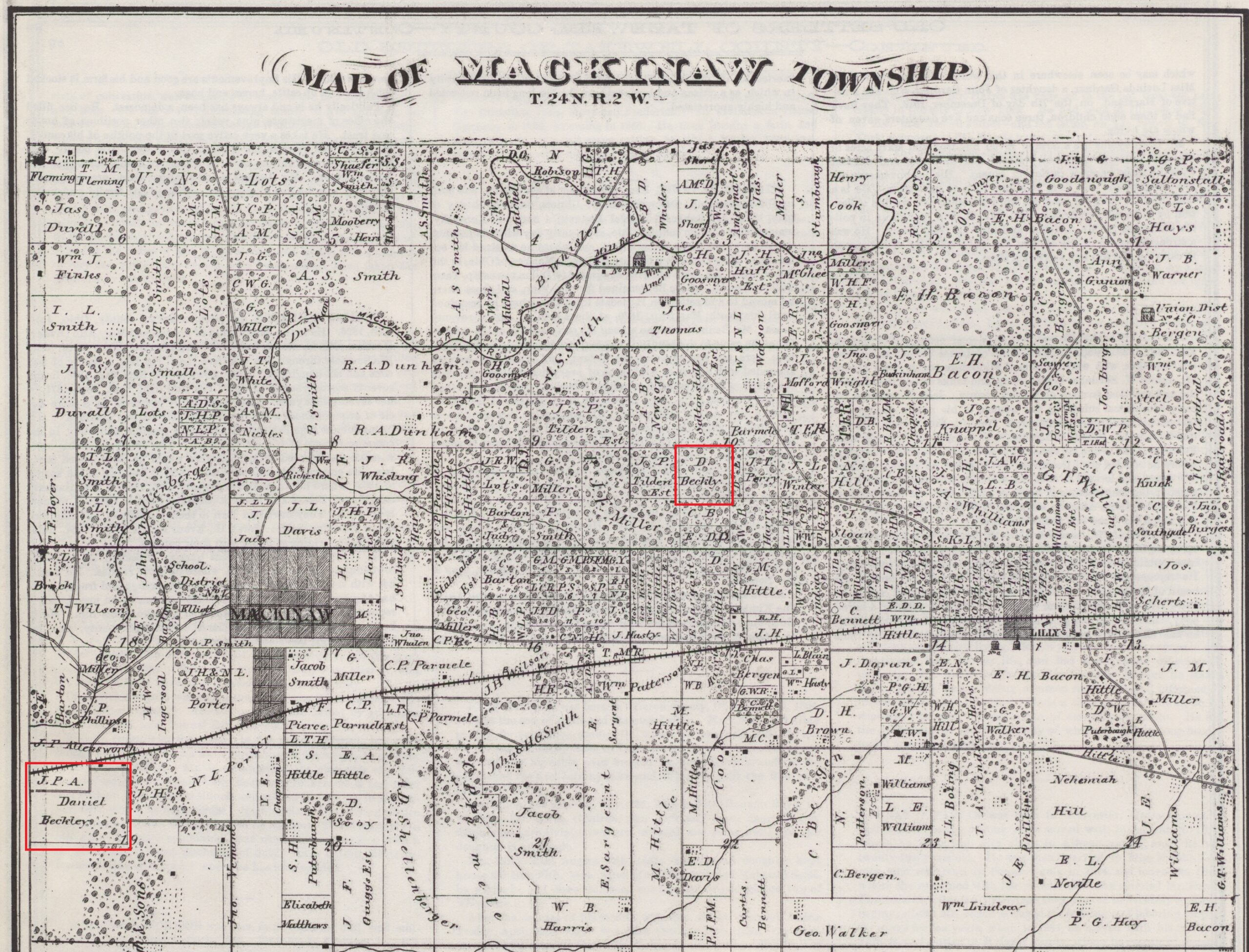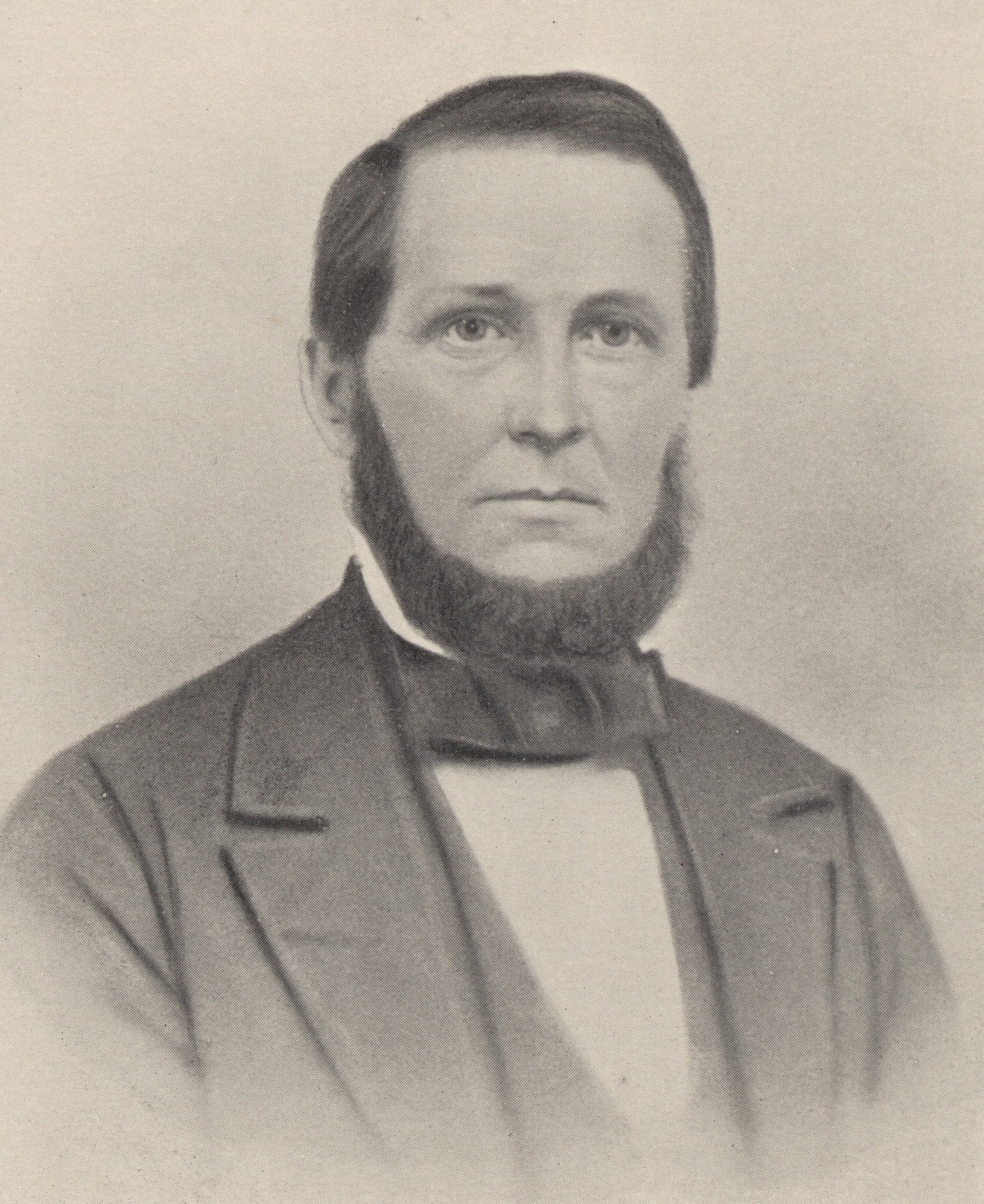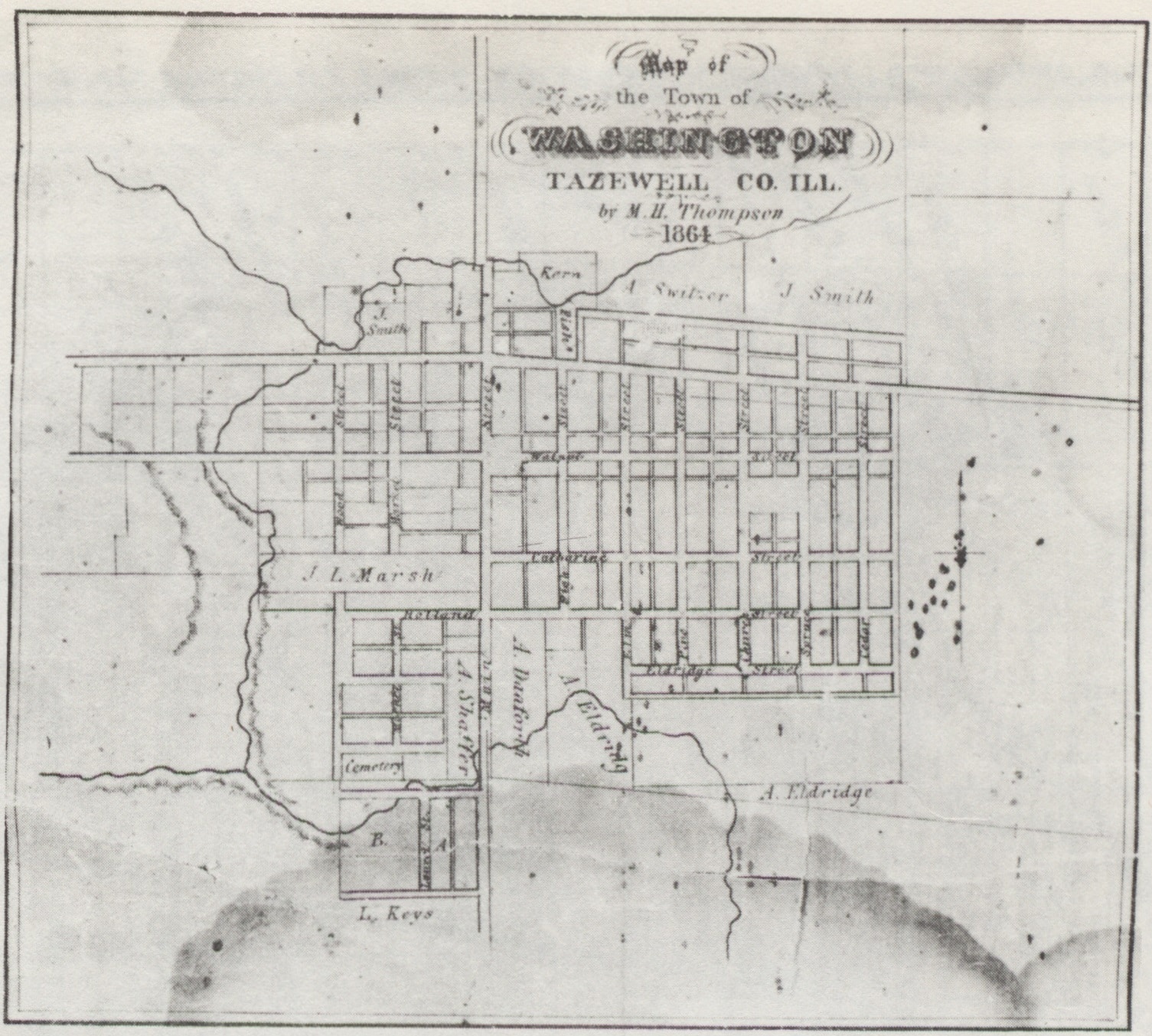This is a reprint of a “From the Local History Room” column that first appeared in July 2014, before the launch of this weblog.
In the years when Tazewell County’s pioneer settlers arrived to establish farmsteads, villages, towns and cities, entertainment was pretty hard to come by. There were no organized sports teams, and no theaters or opera houses had yet been built. Even the annual county fairs, local community festivals and parades were still a thing of the future in Tazewell County.
Instead, according to Charles C. Chapman’s 1979 “History of Tazewell County,” the early settlers of the county often found their entertainment by going to court and watching the judge hear cases and dispense justice, and listening to attorneys practice their oratorical skills both in court and in the taverns after court was adjourned.
Chapman writes on pages 393-395:
“Among the notable days in the early history of the county, was court day. The convening of Court was one of the events of the year. On that day nearly everybody gathered at the county-seat. If a settler happened not to be on a jury, or a witness, or a suitor, he felt it his bounden duty to ‘go to Court,’ to see and hear what was going on. It answered the place of the shows and circuses of a later day, and perhaps was as instructive if not as entertaining. When Court was over, in the evening the Judge, lawyers and citizens congregated in the bar-rooms of the taverns, where stories were told and the evening spent in conversation.
“These seasons were accounted the most enjoyable of pioneer life, and when we consider the men who were there to edify and please the crowd, with their stories and anecdotes, we may well consider court days as possessing an interest of no little merit. There was Lincoln and Douglas, two of the greatest statesmen the world has ever known, and both of whom possessed an inexhaustible fountain of anecdotes. It is said the immense fund of anecdotes possessed by the late President Lincoln was largely derived from collections made while ‘on the circuit.’ Then there was Baker, Stewart, Lockwood, Farquhar, the comical Hubbard, Hardin, Treat, Logan and Davis, and others who could relate as good a story as ever was heard. Who would not love to sit at the feet of such men and listen to their arguments, their general conversation and their stories. Abraham Lincoln was attending Court at Tremont, in 1842, when Gen. Shields sent him the challenge to fight their famous duel. Many of the older citizens remember this exciting occurrence.”
Chapman also quotes the following recollections of Tazewell County pioneer settler Nathan Dillon concerning how court proceedings took place in 1824:
“In those days when we could not get the store room of Hamlin or Allen, or the dwelling house of John Dixon, we held our courts on the river bank; not being as wealthy or strong handed as in Sangamon, we had to do without a courthouse. Judge Sawyer was our circuit Judge, and it was some time before we could scare up a jury. At that date there was not a cabin on the site of the city of Pekin, and perogues were the only crafts we had to freight our whisky, salt and iron from the State to Peoria.”
Chapman also comments:
“Nathan Dillon was a Justice of the Peace for many years in the early history of the county, and in an action for debt always rendered decision in favor of the plaintiff. He did so on the grounds, as he would say, ‘that if the defendant had never owed the plaintiff he certainly would not have sued him.’ That was his logic, which overruled good evidence to the contrary.”
Chapman also relates a colorful anecdote from the early years of the Tazewell County court system, regarding a clash between a new attorney, J. Farnham, and the county sheriff, William A. Tinney, who held the office of sheriff from 1834 to 1840. Chapman titles the tale, “’Squire Tinney as an Instructor.”
“No doubt [Farnham] was a promising young sprig of the law, or else we believe the Commissioners had refused to grant him a recommend. But he had some practical knowledge to gain, and this essential part of his education ’Squire Wm. A. Tinney undertook to supply. It is true he received but one lesson from the ’Squire, but let us hope that it was so effective, and made so strong an impression upon his mind, that he never needed another.
“It was in a suit for debt that Farnham received this lesson. ’Squire Tinney was at the time Sheriff of the county, and had levied upon a fine team and carriage belonging to the defendant in the suit. He proceeded to call a jury of disinterested persons to decide the matter. The defendant had secured the services of Farnham to defend his interests. The latter, being but just admitted to the bar, endeavored to show off his legal knowledge, and consequently was a great stickler to red tape. As might have been expected, he used the privilege of objecting to one of the jurymen. This, of course, delayed the case for several days, for it must be remembered a petit jury could not be gathered so quickly as at the present time. The Sheriff was put to considerable trouble in impaneling another jury, but finally the case was again opened when Farnham objected, as usual. Of course, this was mere pettifogging, and merely done to provoke and harass. A third jury was called, and Farnham began, ‘I object’ — but forbearance could endure no more, and Sheriff Tinney gathered up a chair and laid the legal gentlemen sprawling upon the floor. That trial was ended. Farnham soon thereafter sought the exhilarating atmosphere of Oregon, and was never heard of afterwards by any of the Tazewell County Bar.”



